Luchio “SoulStrikes” Park has been one of the most successful transitions from playing to coaching that we’ve seen in all of League of Legends. From playing in the OPL to multiple finals appearances as a coach, SoulStrikes has been there as part of the evolution of the OPL since its inception. We recently had a chat with SoulStrikes and went over some of his philosophies of leadership, and some of his plans for the future.
SoulStrikes played one game for the ill-fated Hellions team. But he was primarily there as a “live-in coach”. This was among the first of its kind for Oceania, as gaming houses were still incredibly new and basically nobody got to experience a live-in coach situation until SoulStrikes. SoulStrikes came to the role in Hellions after journeying to Korea and having an eye-opening experience there that showed him just how much more there was to peak esports than just playing the game.
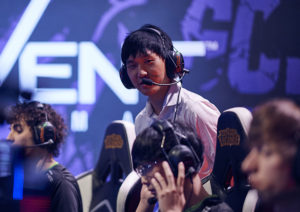
He brought his experience teaching people from tutoring into the role and got involved on a face-to-face basis for basically the first time in Oceania. The proximity made the role “easier to fix problems” but the challenge of the players wanting to improve was still very much “up to the players themselves if they want the change or not. For example they can play more solo queue, but if they don’t then it’s out of my control. I can’t go grab a belt or something, right? But it really depends on the player. Some are easy to work with, for example Frae. He was definitely one of the easier members of Hellions to work with. It just depends on the player’s passion and how much they want it.”
To be battle-tested with a struggling team is a great way to show what you can bring to the table as a coach. After the initial time with the Hellions SoulStrikes joined the cast for the Wildcard portion of the 2016 MSI broadcast, where he spent time with Tim “Carbon” Wendel, then-captain of Legacy. Carbon picked up on SoulStrikes’ eye for the game and approach to coaching and brought the uncontracted SoulStrikes into Legacy for the second split of 2016. SoulStrikes believes he had a couple of key advantages that he could bring to a team, commenting that he thought he “brought a lot of general structure…in how League of Legends should be played.” This came from watching LCK “in Korean, so I had a lot of information outside Oceania that I could translate into English so I think I had a good grasp of how the game should be played”
The important backdrop to this time in 2016, both on Hellions was the relative novelty of gaming houses. Riot’s leaguewide support for gaming houses commenced in 2017, so this was a time of experimentation and learning for all involved, especially the organisations themselves. For all its benefits, it also added a unique layer of challenge. SoulStrikes said of it “the first year in a gaming house for everyone, pretty much. So everyone was learning together, it was a slow learning curve for everyone since gaming houses were very new in OCE.”
The other challenge that one might have identified was Carbon’s role as the authority figure in Legacy – how would the dynamic be with Carbon having to cede some of “his turf” to a new authority figure in SoulStrikes? That turned out to be a non-issue, owing in no small part to Carbon’s experience in traditional sports and his general maturity levels. “When (Carbon) was a player he knew his role was to learn from me as a coach. He understands that and he wanted to learn, so it was very easy. And he’s a very genuine guy and he had passion to learn so it was very easy to work with him.
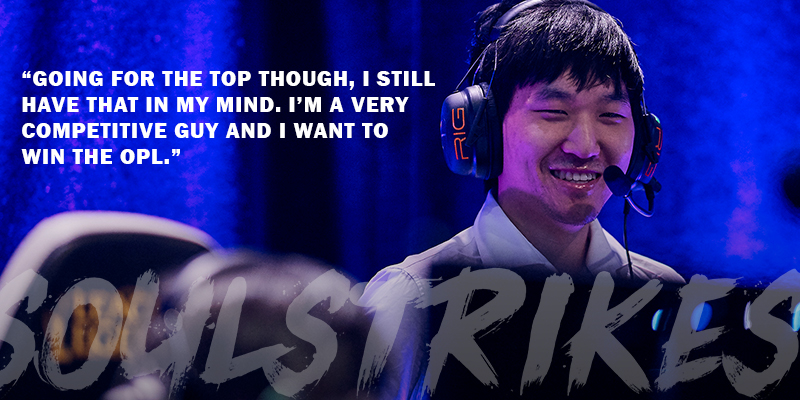
Coming in to Legacy meant that SoulStrikes’ initial mission was to show that they could be more than just the perennial bridesmaids Legacy had been since the OPL’s commencement. However that all changed with the rise of the Dire Wolves and now Legacy faced a new, more open landscape. Considering that each of the last two seasons Legacy has had to rebuild its roster with three or more new players, it hasn’t been the easiest of paths for a coach. “It is difficult to aim for the top straight away with the new roster. Last year was meant to be the rebuilding year but four of our players left so the game this year has become like the rebuilding year. Going for the top though, I still have that in my mind. I’m a very competitive guy and I want to win the OPL. So I still aim for that, but I’m going through it step by step with the team instead of reaching straight away.”
One benefit that Legacy have had each of the past two years with their new rosters is the ability to attend international competition in the form of Rift Rivals. SoulStrikes said that international experience is invaluable for a new team looking to gel together: “International experience, especially for our bottom lane and our jungler who’ve never played on a big international stage. Especially the (Rift Rivals) finals as they’ve never played in front of a crowd before.” I asked him, having coached at Rift Rivals both overseas and this year on home soil if it was better, worse, or no different for the team to get the international experience from the comforts of home but he downplayed the significance of it – at least so far as development as players long-term is concerned. “I don’t think there’s any downside to this. I believe that any game outside of OPL is really good experience. Especially if it’s a Riot event. This Rift Rivals has been a really big experience for everyone in the team.”
Armed with this insight into how SoulStrikes likes to operate a team and the experiences he’s had informs one rather a lot about the kind of coach that he is and how he likes to lead his teams. There’s a lot to take in about the impact that he’s had on his players, and the way he’s driven by ambition. And for all the success he’s had and is yet to come with Legacy, it doesn’t just end there. When I asked him what his goals were for this squad he commented that his “current goal is to win the OPL. Into the future if I do stay in Legacy, I would love to (build on the) roster stability, but my personal goal is to coach in the LCK one day and then maybe even come back to Oceania or go overseas.”
This would be an incredible journey, were it to happen. To be able to take the coaching dream full-circle from where it first germinated in SoulStrikes’ mind when he was in Korea those handful of years ago would be a remarkable culmination of reflection, learning, teaching, all the things that make a coach the person that they are today. With this in mind my final question to SoulStrikes was simple:
“Through your journey coaching what has SoulStrikes learned about Luchio Park?”
With a knowing chuckle that had come from the heart of someone who was familiar with this reflection he responded confidently. “That I’m still learning about myself as a coach. I can get really passionate sometimes when I’m coaching but I feel like Luchio and SoulStrikes are two different people for me and…yeah…Everyone that I’ve coached in the past has helped me learn myself as SoulStrikes. It makes me really appreciate everyone that I’ve worked with.”
With a thank you to the fans of both himself and Legacy, we wrapped things up there. SoulStrikes can be softly spoken but his words come with them the passion that you can often see in his movements when he’s gesturing in the draft phase, communicating plans to his team.
Should we find him in the LCK we’ll know that all of his experiences, from the lowly Hellions to the heights of his two stage finals will have shaped and sculpted a coach who knows the game inside and out, and a Leader of People who may one day represent the best export Oceania will have ever produced.

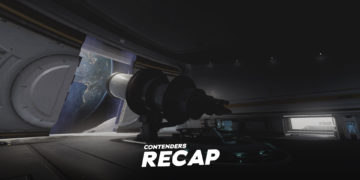

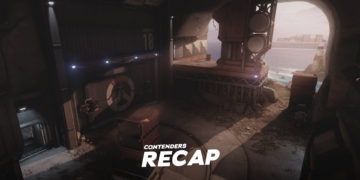
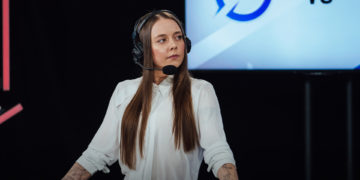
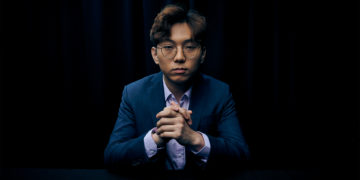
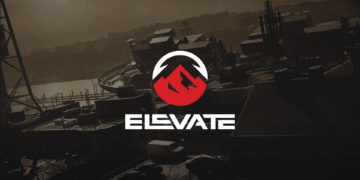
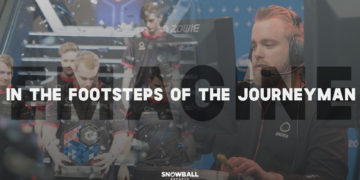
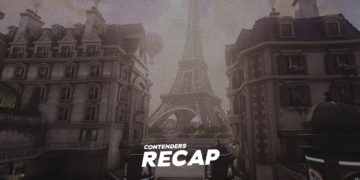
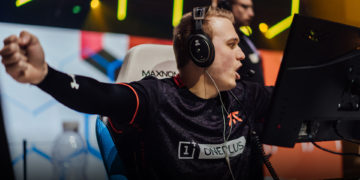
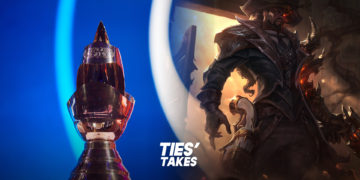
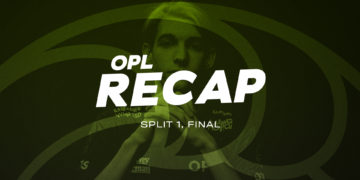
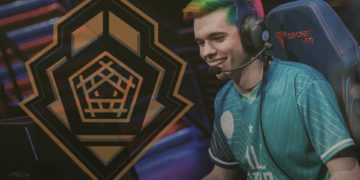
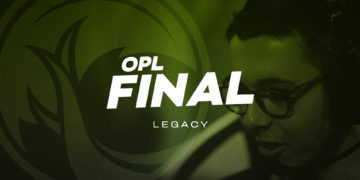
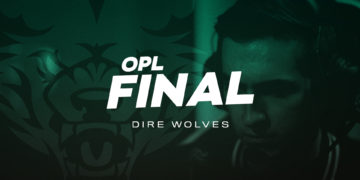


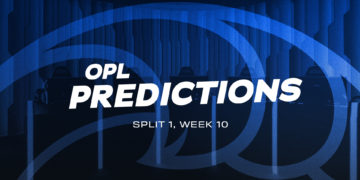
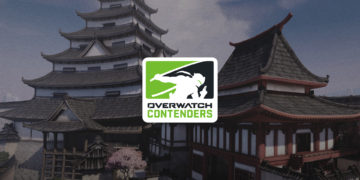
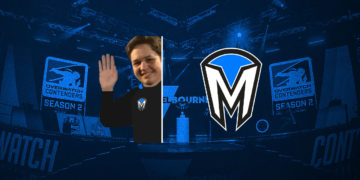
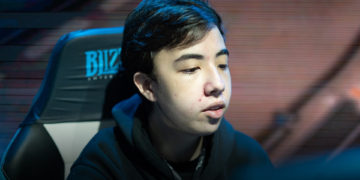

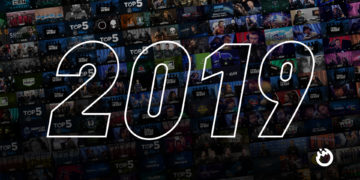
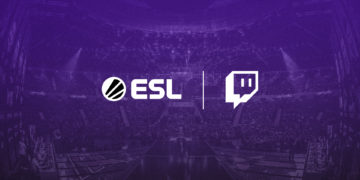
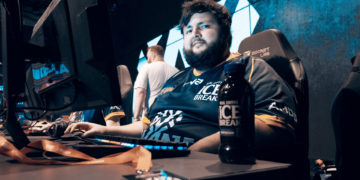
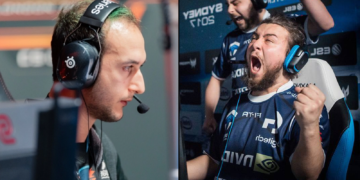
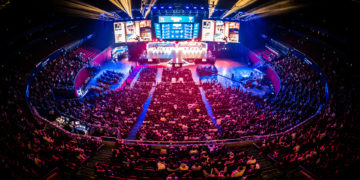
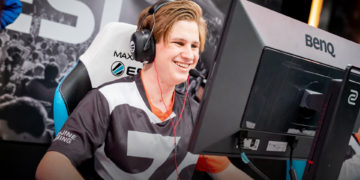
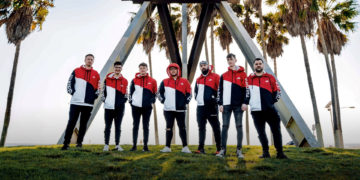
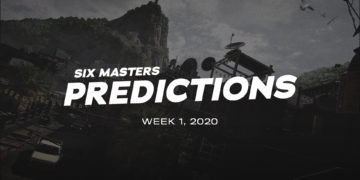
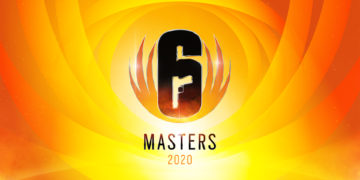
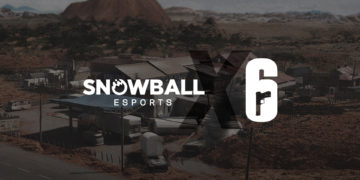
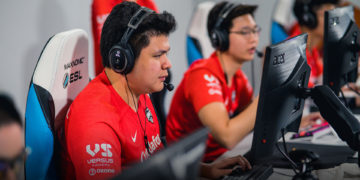
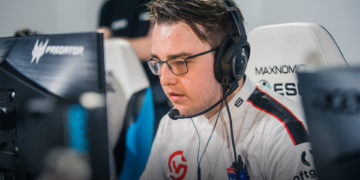
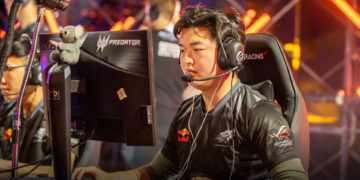

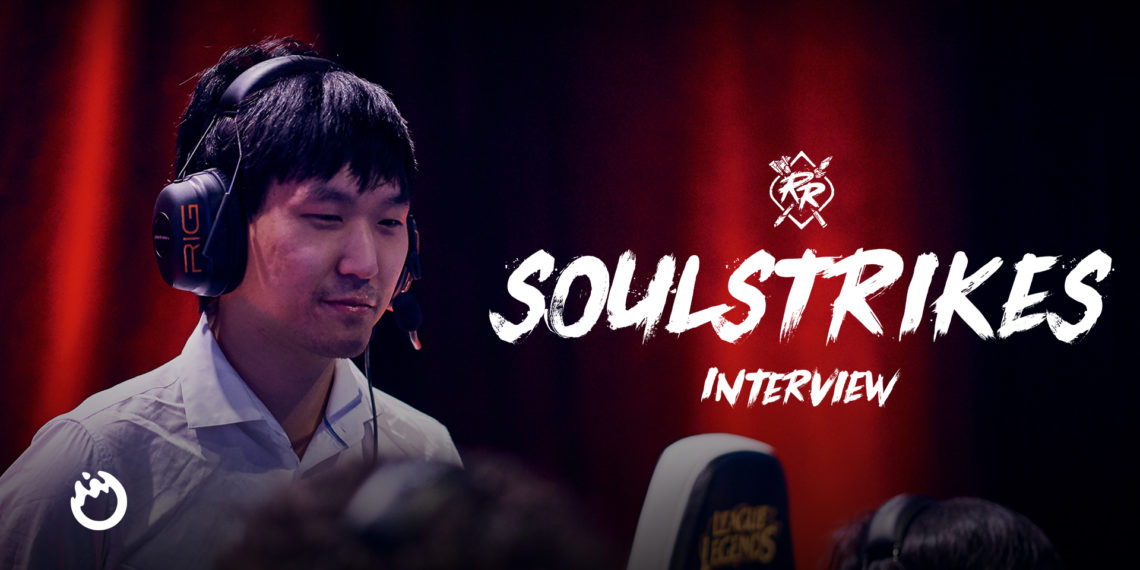
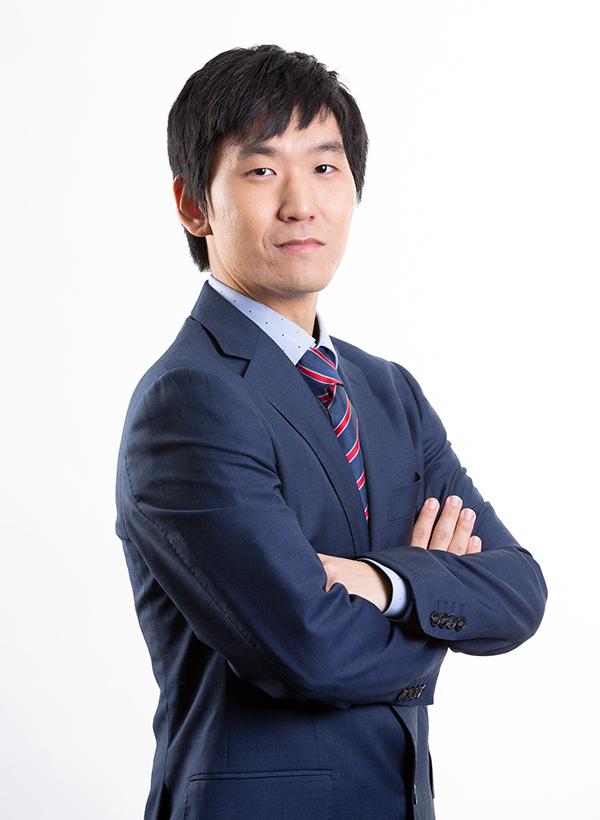
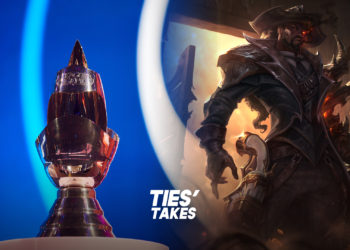
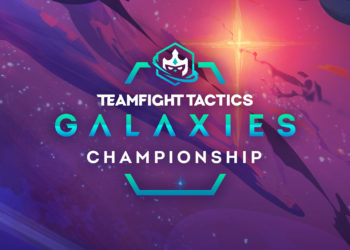
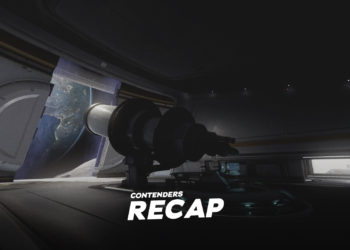
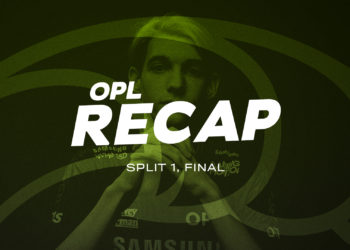

![Snowball Esports [Legacy]](https://legacy.snowballesports.com/wp-content/uploads/2019/03/sb-site-botlogo.png)